imperialism
-
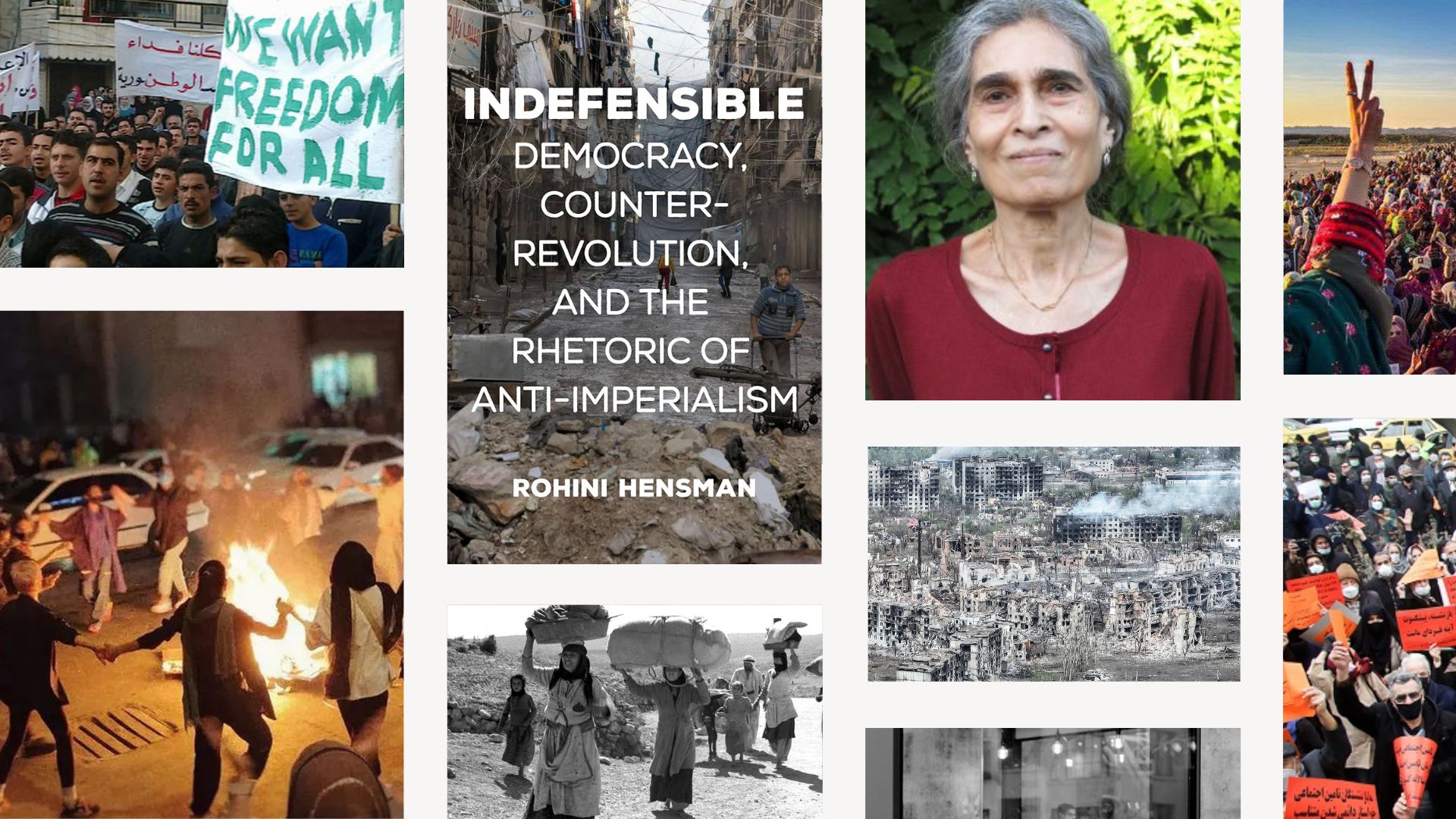
The People First: Rohini Hensman on Democracy, Resistance, and the Global Left
•
There are moments when political confusion doesn’t just disorient you—it makes you feel betrayed. As an Iranian writer and activist in exile, I have spent years trying to understand not only the regime I escaped, but also the silences and excuses that surround it. I have watched with disbelief as…
-
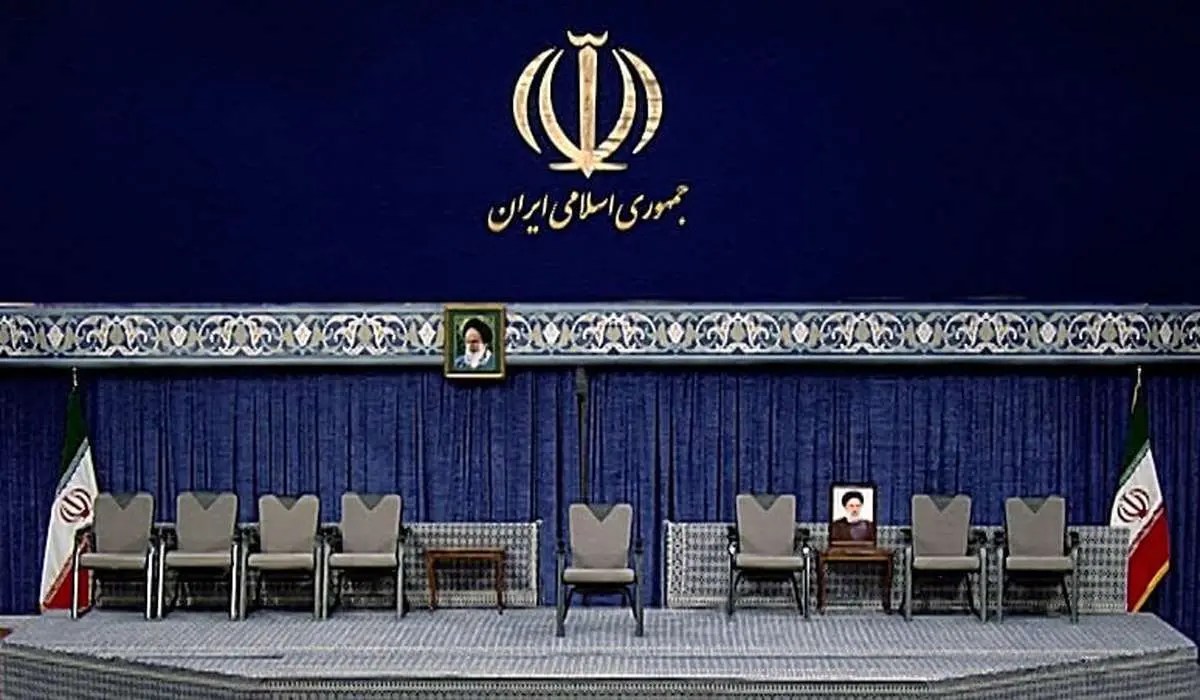
Geopolitics and Social Movements in Post-2023 Iran
•
The Islamic Republic built a tool and named it the “Axis of Resistance.” For three decades, it used this label to present itself as a force against Israel and in support of Palestinian liberation. This construction was not accidental. It served a strategic purpose: to expand the regime’s regional influence…
-
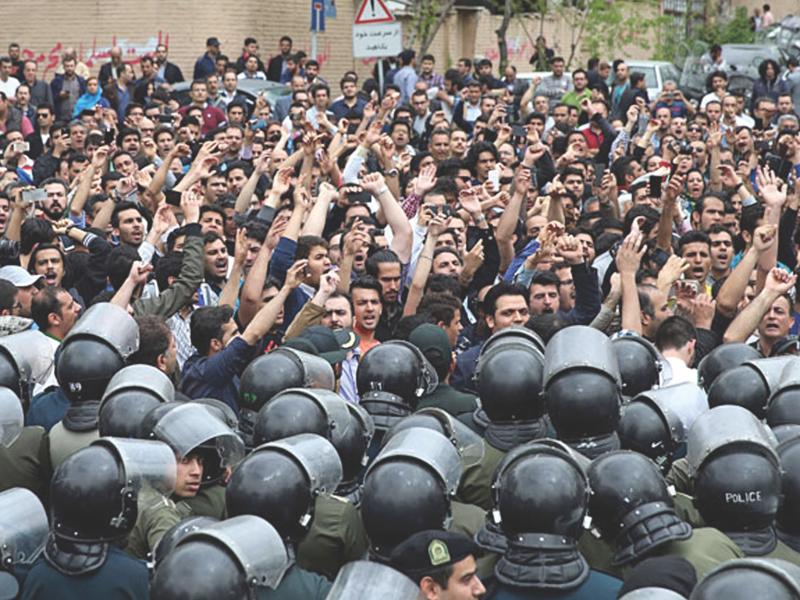
Iran–US: Against the War Camps
•
Over the past 24 hours, diplomatic and military developments between the United States, Israel, and the Islamic Republic of Iran have intensified. While the headlines are shaped by threats of war, military buildups, and indirect diplomatic signaling, the underlying dynamics point to deeper strategic tensions that require clear and grounded…
-
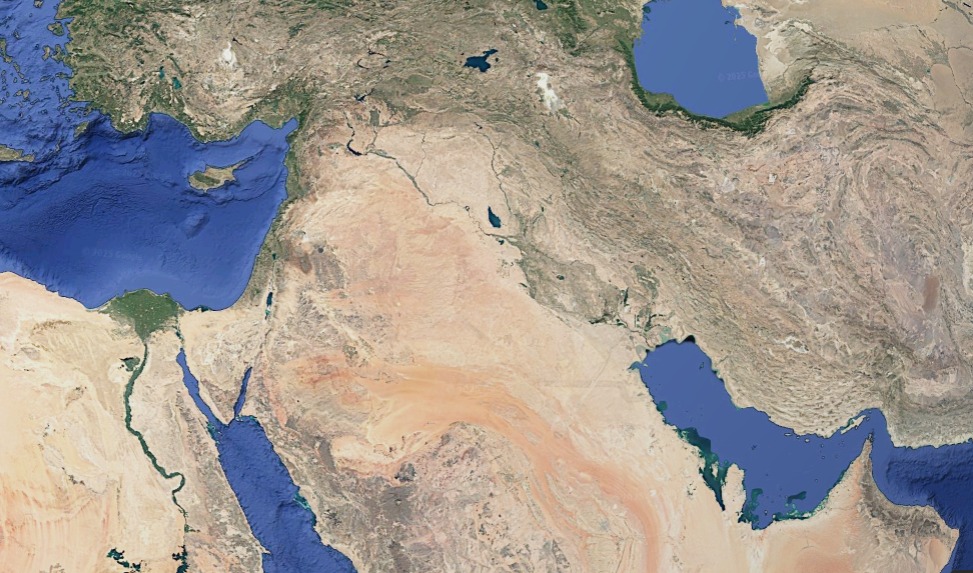
The Curse of Oil, the Weight of History
•
The article “Iran in the Context of the Middle East – A Concise Analysis of the Situation” (published in Persian) by Mohammadreza Nikfar presents a sweeping historical and political analysis of the Middle East, tracing the region’s cultural layers, its historical aspirations, and its present-day struggles. The author argues that…
-
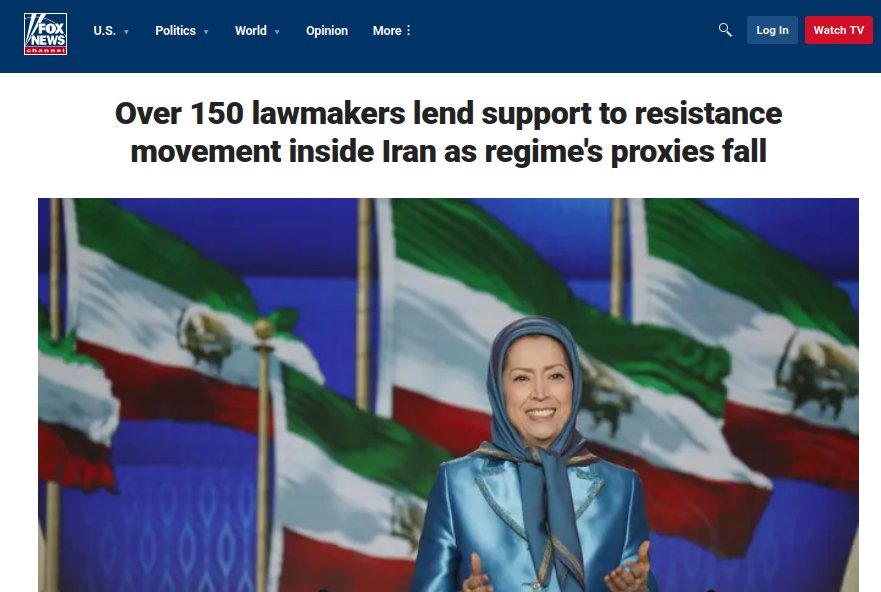
The MEK: Ghosts of the Past, Agents of the Present
•
During the tumultuous days of the Woman, Life, Freedom movement, one absence was glaring—the Mojahedin-e Khalq (MEK), an organization that otherwise seizes every opportunity to wave its banners and flood European streets with hollow slogans. In Vienna and other European cities, where protests erupted daily, the MEK was nowhere to…
-
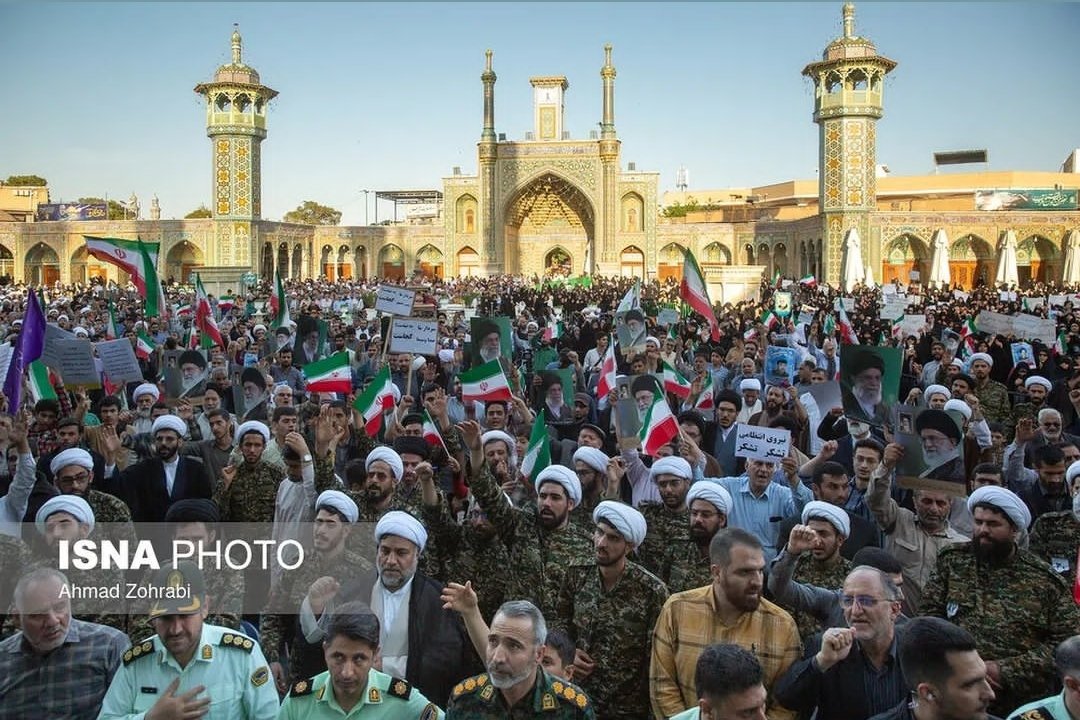
Iran’s Condition: God, Money, Guns, and Fascist Rule
•
Georges Bataille’s theory of fascism provides a unique framework for understanding the psychological and structural dynamics of authoritarian regimes. His analysis, rooted in the tension between homogeneity and heterogeneity, explores how societies maintain control through hierarchical structures and sacred symbols of authority. Fascism, as Bataille describes it, thrives on a…
-
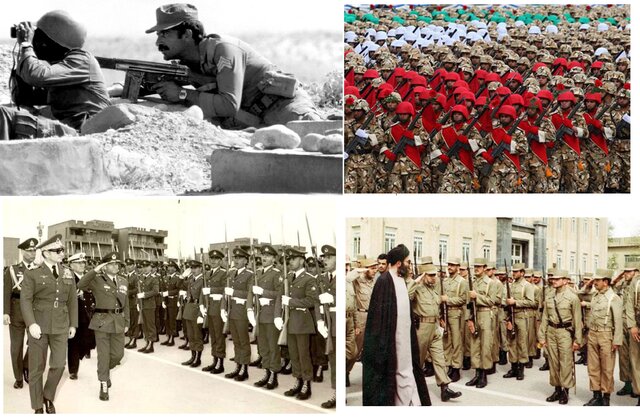
Strategic Depth or Internal Collapse? Iran’s Military Obsession
•
The Shah’s relentless militarization, symbolized by his obsession with F-14 fighter jets, showcased a regime entrenched in contradictions. It prioritized external threats over internal stability, pouring resources into military Keynesianism while neglecting fundamental needs like healthcare, education, and infrastructure. This militarized economy deepened social inequalities and fueled repression, leaving Iran’s…
-

The Impact of Trump’s Return on EU Policies
•
The U.S. and the EU are diverging, with the U.S. investing heavily in technology and infrastructure and experiencing economic growth, while Europe struggles with stagnation and rising energy costs. The U.S. has notably increased its manufacturing and innovation output since the 2008 crash, whereas many European nations lag behind. Europe…
-
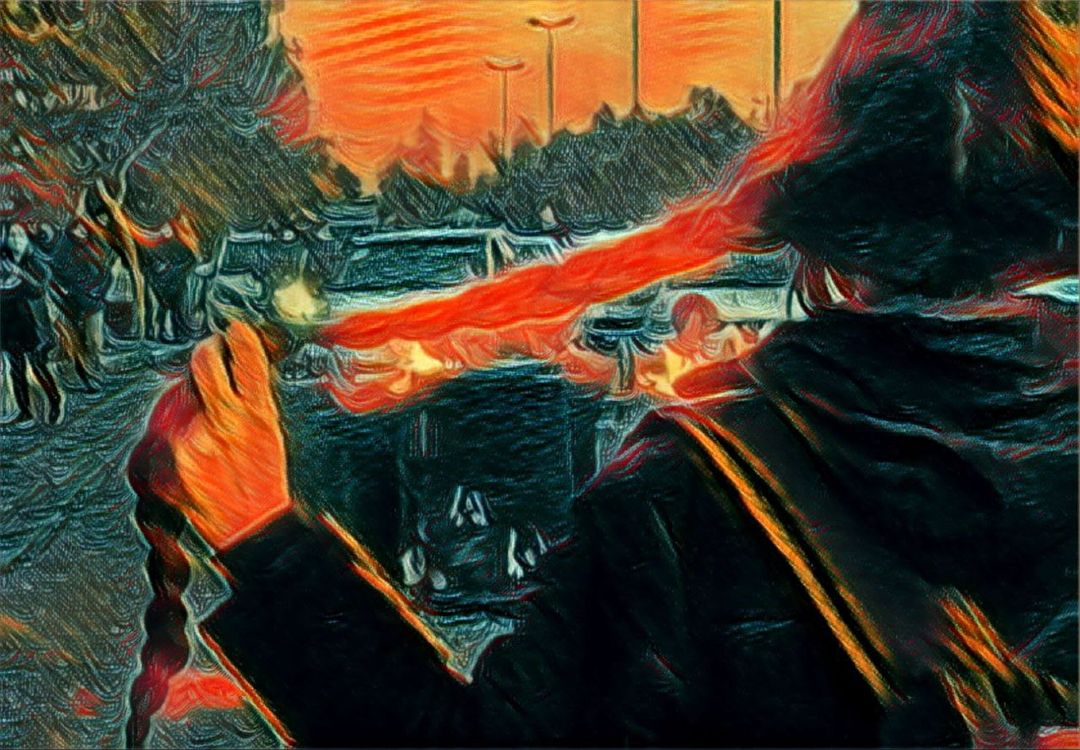
From Iran to Palestine:
The Shared Path of Liberation and Feminist Resistance•
This discussion revolves around the challenges and advancements of the Women, Life, Freedom Movement in Iran, which is resisting oppressive measures by the regime, including gender oppression and increasing death sentences for protesters. The interview introduces a member of the Nasvan Revolutionary Committee, a secret women’s committee formed to address…
-
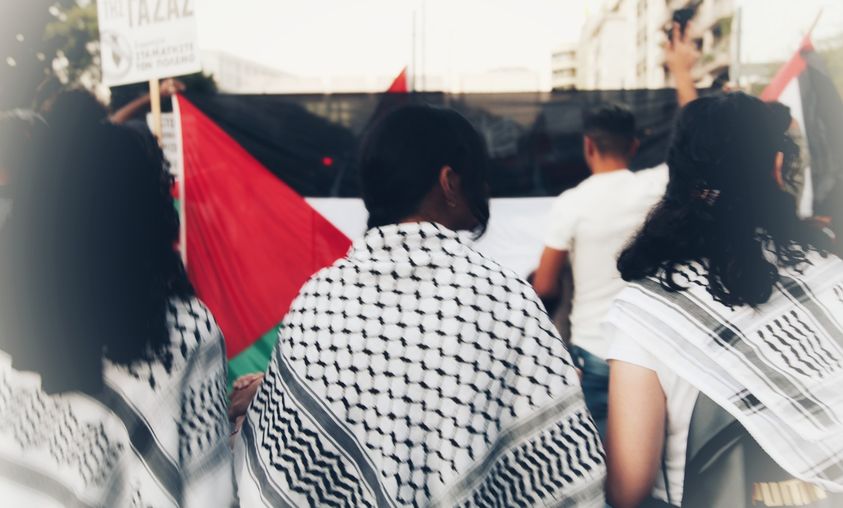
The Challenge of Anti-Fascism in Western Leftist Politics
•
The left-wing, while diligently opposing fascism domestically by promoting anti-racism, often falters internationally, owing to the intertwining of nationalism and religious fervor. Trotsky’s “uneven and combined development” elucidates this by revealing how variegated political and economic stages breed both progressive and reactionary ideals globally. Additionally, leftist factions in countries like…
-

Zionism Reexamined: Beyond the Narrative
•
The establishment of Israel emerged from British imperial interests in the Middle East, Zionism, and various historical events, rather than being an eternal constant. Zionism began in the late 19th century as a secular movement in Eastern Europe and Russia, advocating for a Jewish nation as a refuge from persecution…
-
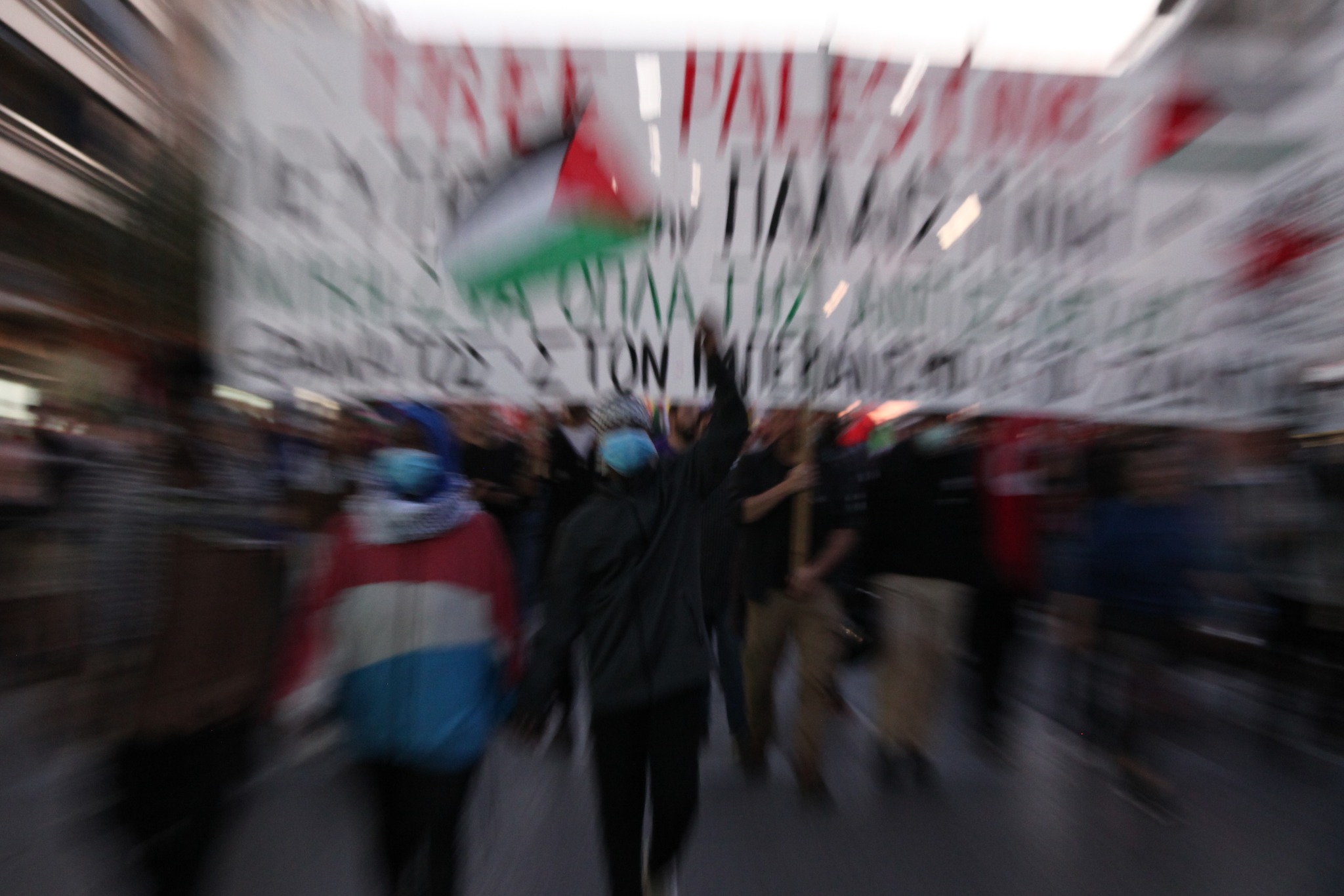
Political-Islam vs. Palestine:
From Ambiguity to Clarity•
The current protests call the nations to a new social contract in the relations between them, which can potentially cause fundamental changes in the policies of the governments. This new contractualism requires governments to force Israel to accept international resolutions through the application of pressure (including the implementation of international…



